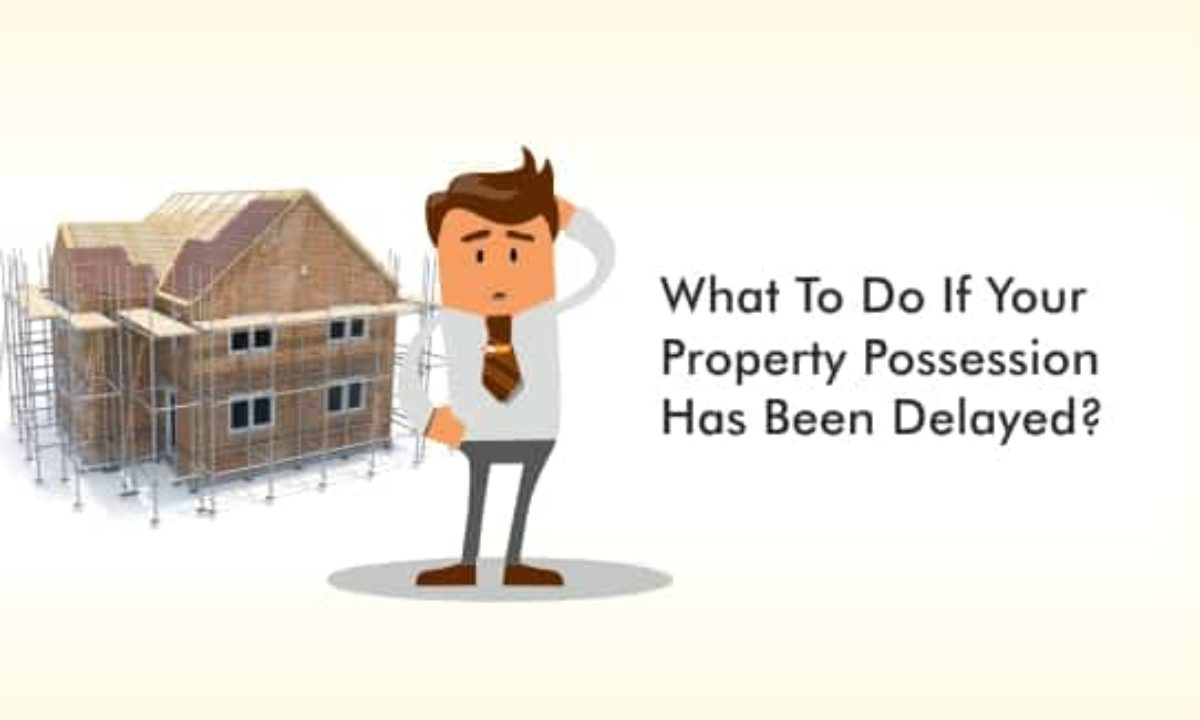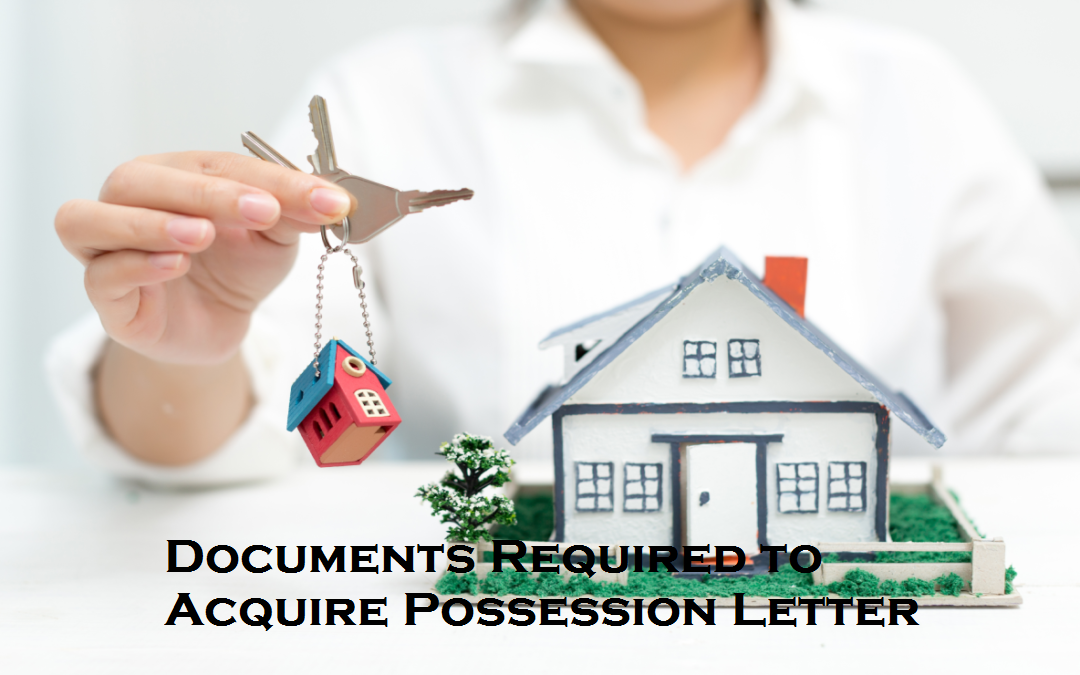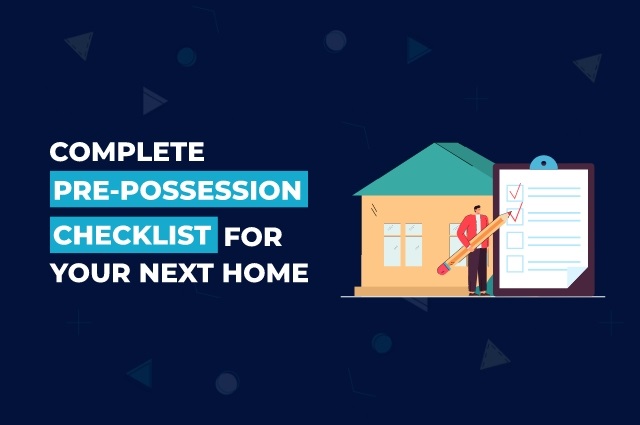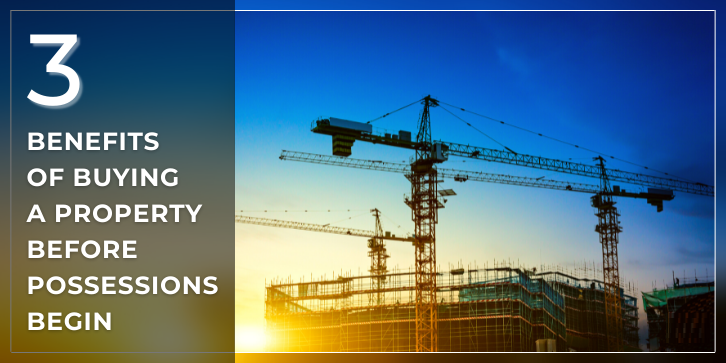Pre-Possession vs. Post-Possession : Know The Difference
The concepts of pre-possession and post-possession:

The concepts of pre-possession and post-possession:

Property possession refers to the act of taking physical control and occupancy of a property by its owner or authorized occupant.

Property possession refers to the legal right to occupy and use a property. When you possess a property, you have physical control over it and the right to enjoy its benefits, such as living in a house or using a commercial space for business purposes.

The terms “pre-possession” and “post-possession” in the context of property typically refer to the stages before and after the buyer formally takes possession of the property.

Ownership and possession are related but distinct concepts when it comes to property or belongings:

Adverse possession is a legal concept in India, as in many other jurisdictions, that deals with the acquisition of ownership rights over a property by someone who has occupied and possessed

The specific documents required to acquire a possession letter can vary depending on the context and the local regulations or policies. However, here are some common documents that may be needed:

Prepossession, in the context of a new house, refers to the activities or tasks that take place before you officially take possession or move into the property.
The buyer experiences harassment as a result of the builder’s holding up possession, and the thrill of having a brand-new home is also diminished. Additionally, there are monetary losses. To address the issue of delayed possession, the government is now developing pro-buyer rules and regulations. Even the courts are taking harsh measures against defaulting builders.
A complaint can be filed by the buyer before
Regulatory Authority for Real Estate (Development and Regulation Act, 2016). It is a brand-new law that empowers the government to establish the Real Estate Regulatory Authority. Before it, a complaint may be made. Before this Authority, the buyer may represent himself or retain legal representation. If the builder is not paying the buyer, a complaint is made. Only larger projects with a development area of more than 500 square metres are eligible for RERA.

A buyer can seek compensation from the builder –
The disagreement is settled by arbitration if there is an arbitration clause in the agreement for the sale of the home. The arbitrator may impose a reward. The buyer will need to file a civil court petition to have the arbitrator’s decision put into effect. Even if an arbitration provision is there, the buyer has the option of using Consumer Forum.
The agreement itself may provide for the penalty in default. The buyer can get the clause enforced.
Compensation can be granted even when there is a delay of one day.
Generally speaking, it is against the law to use more than one remedy at once. A buyer may contact both the RERA and the consumer forum, but he must decide which to use. As RERA is a specific statute created for the protection of home buyers, one may withdraw their case from the Consumer Forum and file it there instead.
The Consumer Forum and RERA also have the power to penalise and grant compensation. RERA has the power to impose harsher punishment.
Can you think of a moment where you did a little clapping on your back for grasping an opportunity at the very first sight of it? Your interest in reading this post is likely related to how you feel when you are purchasing real estate.
More than 56% of prospective homeowners, according to the most recent survey, have chosen to purchase a property before taking possession. Can you guess the cause? The three intriguing reasons why people decide it’s lucrative to purchase a home before possession really occurs are discussed in detail in the next section.
But before that…
Break the Myth!
People persistently believe that it is not yet wise to invest in under-construction properties and that projects that are ready to move into are more alluring.
AGREED!
The wider picture of cost and quality, meanwhile, is what the majority of people overlook when faced with such temptations. Properties that are still being built will always have options for flexible pricing that projects that are ready for occupancy do not.
You can keep an eye on your property and have surveillance on every part of it starting today. You only have authority over ready-to-move-in projects after they are presented to you with a pricey decorative appeal.
Do you believe that such a serving could have that much of an impact on you? If so, it’s time to leave that depressing realm and enter something more gratifying and lucrative in the real world.

So let’s finally take a quick look at the three advantages of purchasing a house prior to foreclosure:
An under-construction house offers a fantastic deal compared to ready-to-move-in properties because the cost of the property is one of the major variables to consider. As purchasers, you would have a wide range of possibilities that you would love to investigate without worrying about emptying your wallets and burying all of your extravagant wishes.
The math is straightforward: the prices are at their lowest point when you purchase a home at its earliest stage. As the days pass and the property nears completion, the prices rise. Therefore, the better and bigger deal you get, the earlier you buy the property!
If you purchase a completed property, the total amount due must be paid in full, not to include the registry’s administrative costs and other incidentals. While this is going on, purchasing a property that is still under construction gives you the freedom to pay only 10 to 15% of the total booking price up front, which is not a sizable sum, and the remaining amount can be skillfully financed or added to the building schedule you agreed upon.
So, there’s a shift in your next move, right? Go beyond that with a simple call!
Contact us today at +91-9810505543